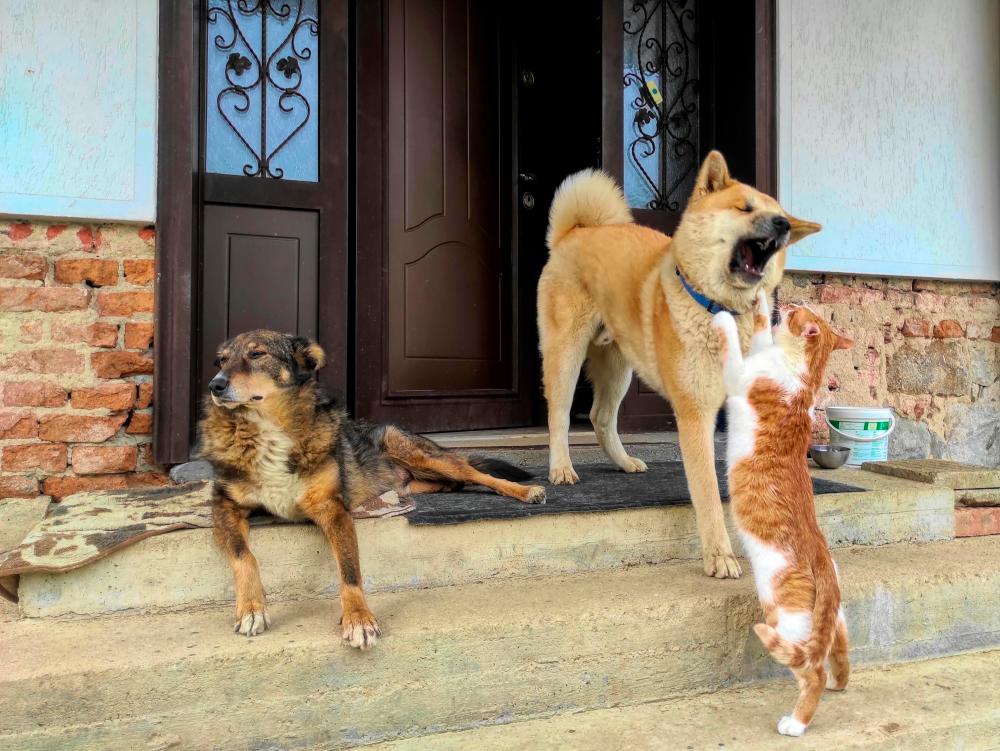SEREMBAN: The Veterinary Services Department (DV) has vaccinated owned 13,592 dogs and 165 cats in Sarawak for rabies disease prevention from January till October.
Its director-general, Dr Akma Ngah Hamid said Sarawak recorded 81 rabies cases among humans, 74 deaths due to the disease from 2017 to October while 1,103 rabies cases were detected among animals, 88.9 per cent involving dogs, cats (10.9 per cent) and goats (0.2 per cent) for the same period.
According to him, 6,928 owned dogs in rabies buffer zones in Peninsular Malaysia and Sabah also received vaccinations from January till October this year to boost dogs’ immunity by 70 per cent and to prevent rabies infections among the population.
“There is enough vaccines, purchases are made based on the population of dogs, we have surplus rabies vaccines and owners are encouraged to take the vaccines.
“Pet owners’ awareness, especially owners in states along 50 kilometres (km) to 80 km of the Thailand border, is very high, and usually owners get rabies vaccinations for their dogs annually,” he told reporters after launching the 2024 World Rabies Day in Palm Mall, near here today, with deputy director-general (Veterinary Health) Dr Rohaya Mohd Ali and state DVS director Dr Nurul Ain Ahmad in attendance.
Dr Akma said in his speech that pet owners in rabies-prone areas, such as rabies buffer zones are urged to vaccinate their pets annually to protect their pets and humans from rabies.
He shared that this year’s World Rabies Day, themed ‘Breaking Rabies Boundaries’ aimed to urge the public to protect themselves by raising awareness and to provide continuous commitment towards the rabies threat.
Rabies was a zoonotic disease that can infect animals and humans through bites, scratches and exposed open wounds, mouth and eyes exposed to saliva from an infected animal, he said, adding that the disease can infect all mammals, including dogs, cats, monkeys, bats, foxes and humans by attacking their brain cells and affect the nerve system and cause death if not treated immediately.
Dr Akma said the Agriculture and Food Security Ministry (KPKM) through DVS with the cooperation of the Health Ministry as well as other non-governmental organisations were always committed and took proactive steps to tackle rabies in the country.
He expressed hope that other related agencies, such as local authorities, took best measures to control stray dog populations in their respective states as a measure to curb rabies among them.
In conjunction with today’s programme, various activities, including dog performances, cat exhibitions, rabies awareness seminars, colouring contests and pet shop stalls, were organised, he added.









